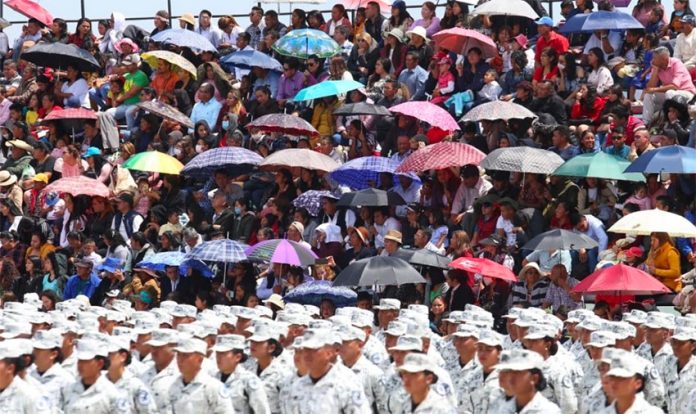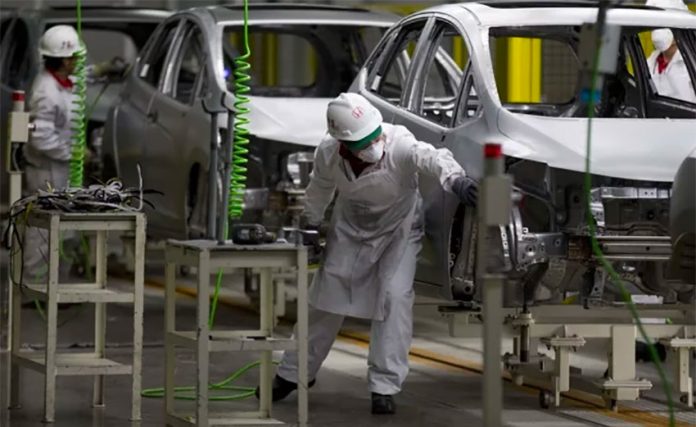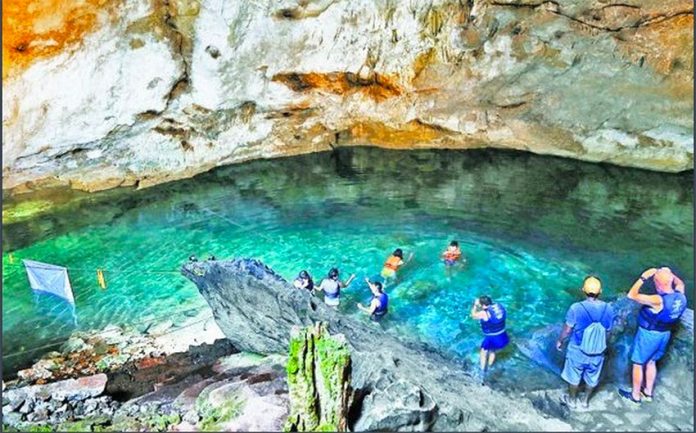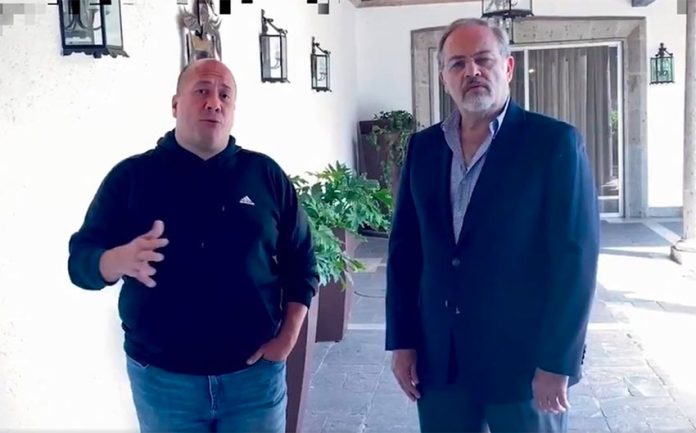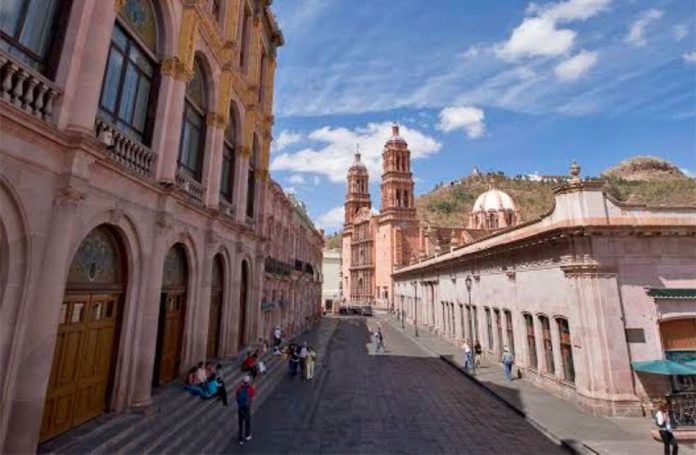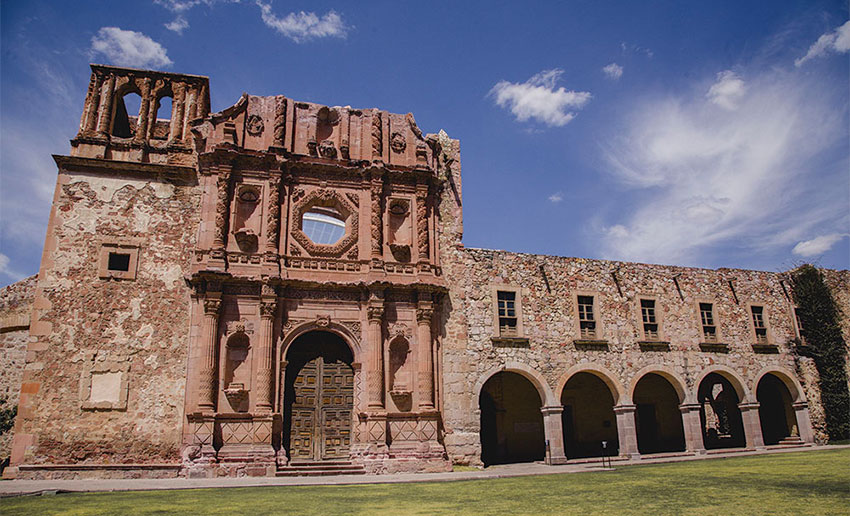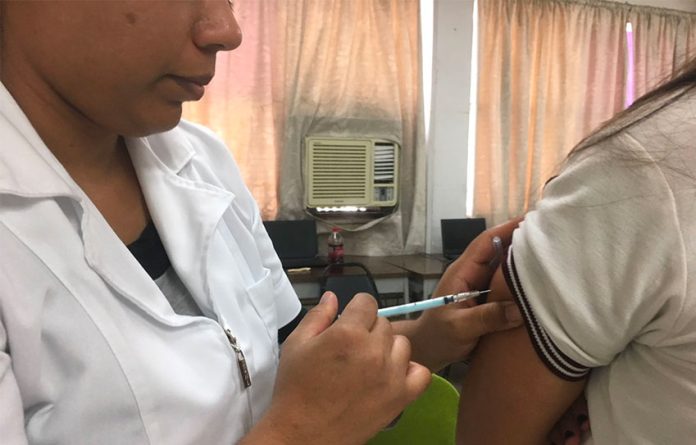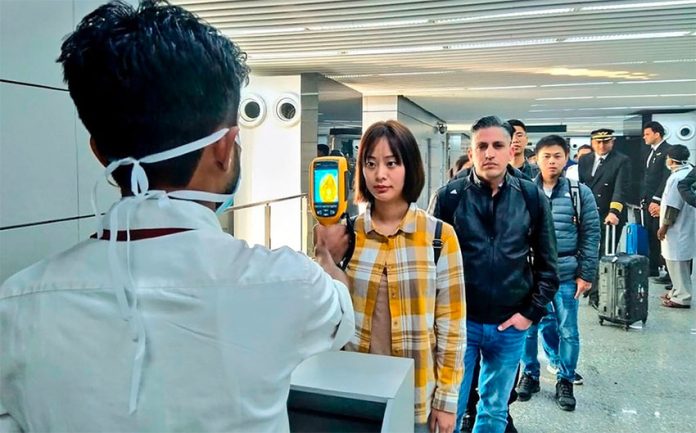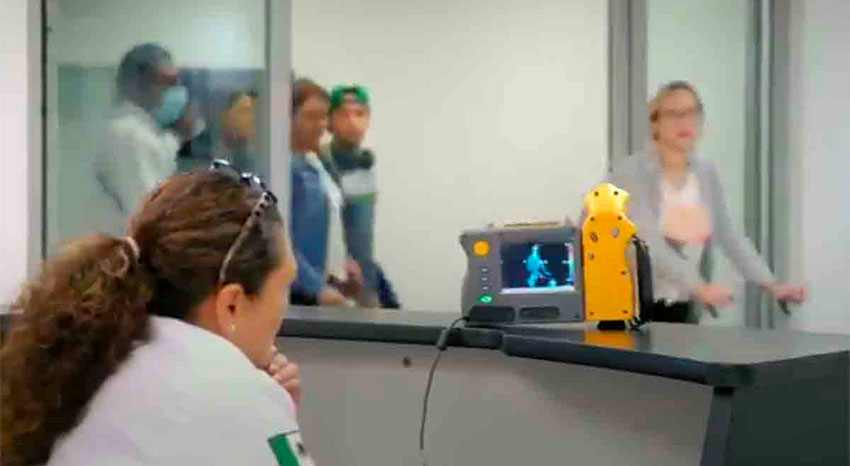Okay, fine. I’m scared of coronavirus.
To be clear, it’s not the illness itself that scares me. As a relatively young and healthy adult, neither I nor my daughter are in a high-risk group for complications. What scares me are the social repercussions.
How will we behave with each other? How on earth will people whose jobs depend on social interactions — many hourly, some small businesses — survive during this time of little to zero income? Contract workers, an ever-increasing sector, are not eligible for unemployment, and certainly aren’t eligible for benefits.
Many countries have closed both borders and restaurants. In the United States, a steady, decades-long march toward stagnant wages, hiring cheaper contract workers for jobs that before would have been done by employees, and zero benefits as a result of a vilified labor movement mean that many even well-educated workers were already living paycheck to paycheck and have no savings for this kind of emergency.
Those salaried workers who are able to work from home and keep their steady income (not to mention health insurance) are a too-small group in both the U.S. and Mexico.
In the U.S., many workers are being let go or simply not scheduled, and I fear Mexico is not far behind. One place that I translate for announced last week that they’d be reducing our rates by 30%, and another two have dried up altogether.
Now that we’re facing having our children at home unexpectedly, things are extra complicated. As a freelance writer and translator, I’ve got no office to go into, so in that respect, I’m at an advantage. But what will I do with my 6-year-old for a “surprise” month of vacation in which we’re not supposed to go out or be around others?
Yesterday I bought a cheap TV in preparation, which I will legitimately try to classify as a business expense on next year’s taxes. You just can’t focus when you’ve got a child bouncing on your head complaining about boredom, and my kid is not the calm type that plays quietly.
Add to all of this the restrictions on being physically present with other people, and it seems too much stress for people to bear.
From what I can tell so far, Mexicans seem to be taking the health scare in stride. I’ve noticed a bit fewer people than usual out and about and emptier-than-usual shelves at the grocery store’s pasta and canned food aisle, but otherwise, people don’t seem to be too alarmed. It’s hard to say how many will heed the government’s advice to keep a “healthy distance” — the president certainly hasn’t — and to what extent it will curb the spread of infection.
On one hand, I understand the urge to scoff at and ignore advice to distance ourselves from others. If there’s one universal human characteristic, it’s that we are fundamentally social creatures. We need each other.
Isolation from others is the worst possible punishment that anyone can be given, and the rare child that survives after complete abandonment always seems more animal that human. Being together isn’t just something we like, it’s necessary for our survival.
I think this is what the president is getting at, but I have been despairing at his actions lately, to the point that I’ve begun asking myself if he’s showing early signs of senility. He is healthy, and if he does get sick, he’ll have access to literally the best medical care in the country. He’ll be fine.
But the dismissal of his own government’s advice on social distancing is grossly irresponsible and sets a potentially very dangerous example for others. Deputy Health Minister Hugo López-Gatell, surely after a stern talking-to, came out to say that the president “was a force of morality, not of contagion.”
Preposterous. However inspiring he may be, it doesn’t mean that he ceases to be a biological being that could continue the spread to those far more vulnerable to illness and its social effects than he.
Meanwhile, the teachers union thinks that the “so-called coronavirus” (their words) is essentially a conspiracy meant to give or retain power under capitalism. I rolled my eyes heavily at this, but I’m not surprised. Especially when the U.S. is involved, most Mexicans I know, however educated they may be, are prone to conspiracy theories.
I stopped arguing about things like this in 2002 when, every time 9/11 was mentioned, they’d narrow their eyes and say things like “well I think the U.S. itself was responsible because they love starting wars” or “the U.S. did it themselves that early because it’s when all the Mexicans working as janitors were in those buildings.”
I don’t know what will happen. The condition itself (at least from my point of view) seems milder than its social and economic effects. That said, as it’s causing so many shock waves throughout the world, we do need to work to contain it. I don’t think governments are intentionally strumming up panic for some nefarious means, but I do think it’s possible that we might be overreacting a bit.
Waving at people instead of hugging and kissing them, though, seems reasonable enough. Surely we — the president included — can handle that. In the end, what we believe to be true is at least true in its consequences.
Sarah DeVries writes from her home in Xalapa, Veracruz.
